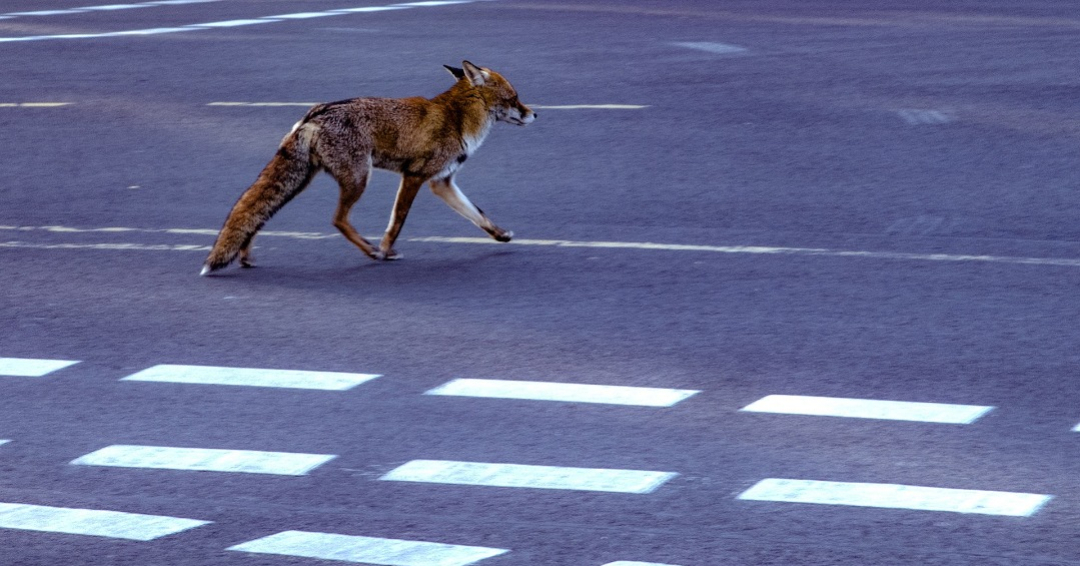Global warming is driving a greater number of human-wildlife conflicts all over the world, on all continents and oceans, shows a new research paper published in Nature Climate Change. The study was conducted by scientists at the University of Washington's Center for Ecosystem Sentinels.
The team examined human-wildlife conflicts specifically linked to the effects of climate change. Events like drought, floods, wildfires, warmer air and ocean temperatures cause aggressive behavior, while alterations of animal habitats cause disruption of food webs, driving wild animals into human settlements in search of food. As climate change intensifies, human-wildlife conflicts are likely to increase.
In order to mitigate human-wildlife conflicts, simple but effective public-awareness campaigns can be organized, like the one advising people to carry bear spray on forest walks in La Nina years.
Financial solutions exist, as well. Now, accurate meteorological forecasts can be done about drought and governments can prepare funds to cover the damages. For example, Botswana has established funds to compensate herders and ranchers for drought-induced attacks on livestock by wildlife, often in exchange for commitments not to engage in retaliatory killings of wildlife.
There is also a success story related to the waters of the eastern Pacific. In 2014 and 2015, a record number of humpback and blue whales were caught in fishing lines off the California coast due to an extreme marine heat wave pushing them closer to shore. California regulators now adjust fishing season start and end times based on climate and ocean conditions to avoid endangering whales and fishing gear.
Source: phys.org

